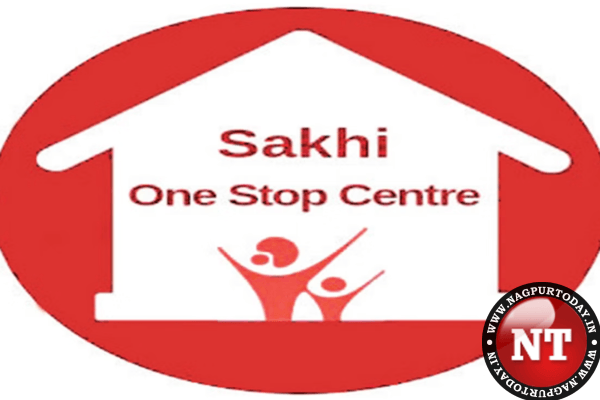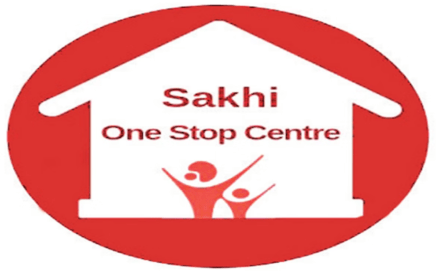Nagpur: In a disheartening revelation, the One-Stop-Centres (OSC) established across Maharashtra to provide comprehensive aid to women facing sexual and domestic abuse have come under scrutiny for their poor performance. Introduced by the Central Government after the 2012 Delhi gang rape case, these centers were designed to serve as a single point of contact for medical, legal, social, and psychological support for women in each district.
Despite substantial investments and phased implementation throughout the state, many OSCs now sit deserted, with empty beds and minimal activity. Shockingly, a significant number of these centers have been repurposed as couple counseling centers, raising questions about their intended purpose and effectiveness in addressing the urgent needs of vulnerable women.
In response to a question posed in the Lok Sabha in 2021, the Union Women and Child Ministry presented alarming data that exposed the abysmal performance of Maharashtra’s OSCs. The figures revealed that merely 8,912 women received assistance from the 37 OSCs in Maharashtra, placing it among the states with the lowest assistance provided in the entire country. Comparatively, larger states like Tamil Nadu, which operates 34 OSC centers, offered aid to 19,991 women, while even smaller states like Bihar, with 38 centers, attended to 18,005 women. Uttar Pradesh emerged as the frontrunner, with its OSC centers catering to an astounding 1,67,308 women.
It is pertinent to mention that between April 2021 and March 2022, a sum of 244 cases (mostly domestic violence) were registered at Nagpur OSC and during the same period 26 awareness programmes were also conducted for women.
These statistics highlight a stark disparity between the number of women seeking help in Maharashtra and the support available through OSCs.
It is important to note that these findings do not suggest a lower incidence of crime against women in Maharashtra. In fact, according to the National Crime Record Bureau’s data from 2021, Maharashtra witnessed a distressing total of 39,526 registered cases of crimes against women. This places Maharashtra as the third-highest state in terms of reported crimes against women, following Uttar Pradesh with 56,083 cases and Rajasthan with 40,738 cases.
The significant disparity between the number of reported crimes and the assistance provided by the OSCs in Maharashtra raises concerns about the effectiveness and accessibility of these critical support systems. It is essential for the state government and relevant authorities to urgently address this situation and allocate necessary resources to bolster the functionality of the OSCs. Proper funding, improved infrastructure, and the recruitment of dedicated staff members should be prioritized to ensure that the OSCs fulfill their intended purpose and become reliable pillars of support for women in distress.
The disappointing performance of the Maharashtra OSCs serves as a reminder that the fight against gender-based violence requires not only legal and regulatory changes but also robust implementation of support mechanisms. The government, civil society, and concerned citizens must work together to create an environment where victims of sexual and domestic abuse feel empowered to seek help and find the assistance they desperately need.
.. Shubham Nagdeve
















